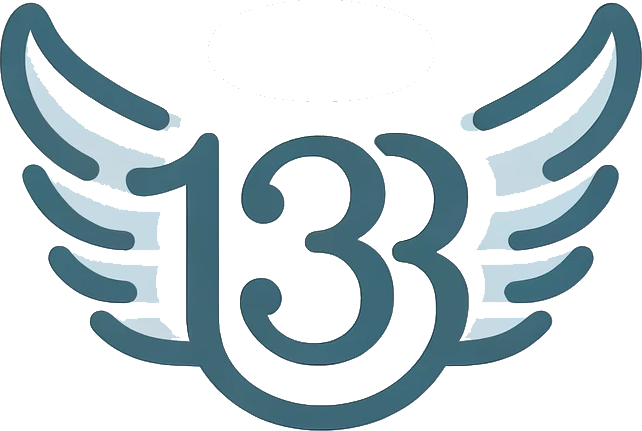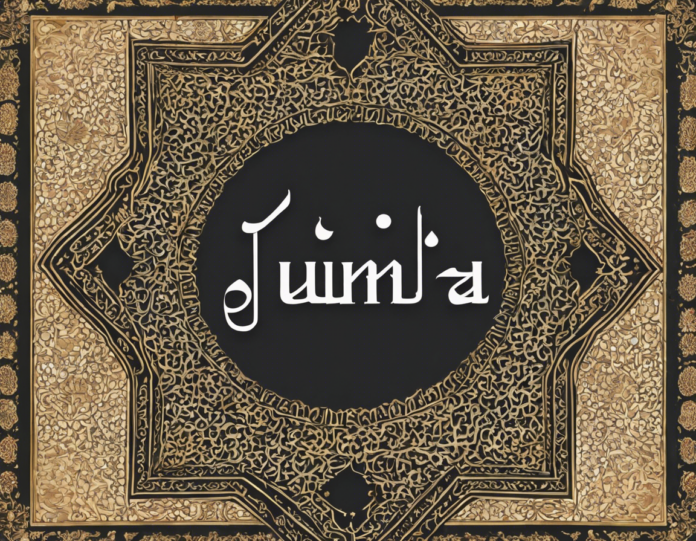Introduction
In Islam, Friday holds a special place among the days of the week. Friday is commonly known as Jumu’ah, and it carries immense religious significance for Muslims around the world. Among the essential rituals and practices that take place on this day is the Khutba Juma, an integral part of the Jumu’ah prayer. The Khutba Juma is a sermon delivered by the Imam before the congregational Friday prayer. This article will delve into the significance of Khutba Juma in Islam, its history, its importance, and the etiquettes associated with it.
Historical Background of Khutba Juma
The Khutba Juma has its roots in the time of the Prophet Muhammad (peace be upon him) and holds a significant historical background. It is narrated that the Prophet Muhammad used to deliver sermons on Fridays to his companions in the city of Medina. Over time, this practice became an established tradition in Islam, with the sermon preceding the congregational Friday prayer.
Purpose and Importance of Khutba Juma
The Khutba Juma serves multiple purposes in Islam, making it a vital part of the Muslim community’s religious practice:
1. Reminder of the Importance of Friday
The Khutba Juma serves as a reminder to Muslims of the significance of Friday as a blessed day in Islam. It is a day of congregational worship, reflection, and seeking forgiveness from Allah.
2. Educational Tool
The sermon delivered during the Khutba Juma offers an opportunity for the Imam to educate the congregation about various aspects of Islamic teachings, moral values, and current issues affecting the community.
3. Community Building
Gathering for the Friday prayer and listening to the Khutba Juma fosters a sense of community and unity among Muslims. It is a time for believers to come together, strengthen their bonds, and support one another.
4. Spiritual Upliftment
The Khutba Juma serves as a source of spiritual nourishment for the hearts and souls of the believers. The words of the Imam during the sermon are meant to inspire, motivate, and uplift the congregation.
Etiquettes of Khutba Juma
Participating in the Khutba Juma comes with certain etiquettes and guidelines that Muslims are encouraged to follow:
1. Arriving Early
It is recommended for believers to arrive early at the mosque to listen to the Khutba Juma attentively from the beginning.
2. Being Quiet and Attentive
During the Khutba Juma, Muslims are advised to remain silent, avoid engaging in any distracting behavior, and focus on listening to the sermon.
3. Performing Ghusl
Taking a ritual bath (Ghusl) before attending the Friday prayer is highly encouraged, as it is considered a sign of cleanliness and readiness for worship.
4. Reciting Surah Al-Kahf
Reading or listening to Surah Al-Kahf (Chapter 18 of the Quran) before going for the Friday prayer is a recommended practice.
5. Sending Salutations upon the Prophet
It is customary to send blessings and salutations upon the Prophet Muhammad (peace be upon him) both before and after the Khutba Juma.
6. Making Dua
Engaging in supplication (Dua) during the sermon is encouraged, as it is a time when prayers are readily accepted by Allah.
Frequently Asked Questions (FAQs)
1. Why is Friday considered a special day in Islam?
Friday is considered a special day in Islam because it is the day on which Allah created Adam, the first man. It is also the day on which the Day of Judgment will take place.
2. Can women attend the Khutba Juma?
While it is not obligatory for women to attend the Friday prayer and Khutba Juma, they are allowed to do so if they wish. However, it is recommended for women to pray at home.
3. What language is the Khutba Juma delivered in?
The Khutba Juma is usually delivered in Arabic, but it can also be given in the local language for the benefit of the congregation.
4. Can one leave work or school to attend the Khutba Juma?
In Islam, attending the Friday prayer and Khutba Juma is considered a religious obligation for men. It is recommended to make arrangements to attend the prayer even during work or school hours.
5. How long should the Khutba Juma be?
The Khutba Juma should be concise and to the point. Ideally, it should not exceed a few minutes for the first part (Khutba al-Haja), and around 20-30 minutes for the main sermon.
6. What should one do if they miss the Khutba Juma?
If one misses the Khutba Juma, they can still participate in the congregational prayer (Salat al-Jumu’ah) and pray the Dhuhr prayer afterwards.
Conclusion
In conclusion, the Khutba Juma holds immense significance in Islam as a source of guidance, education, and spiritual nourishment for the Muslim community. It is a time for Muslims to come together, strengthen their faith, and reflect on their actions. By understanding the historical background, purpose, importance, and etiquettes of the Khutba Juma, believers can enhance their experience of this sacred ritual and benefit from its blessings.

